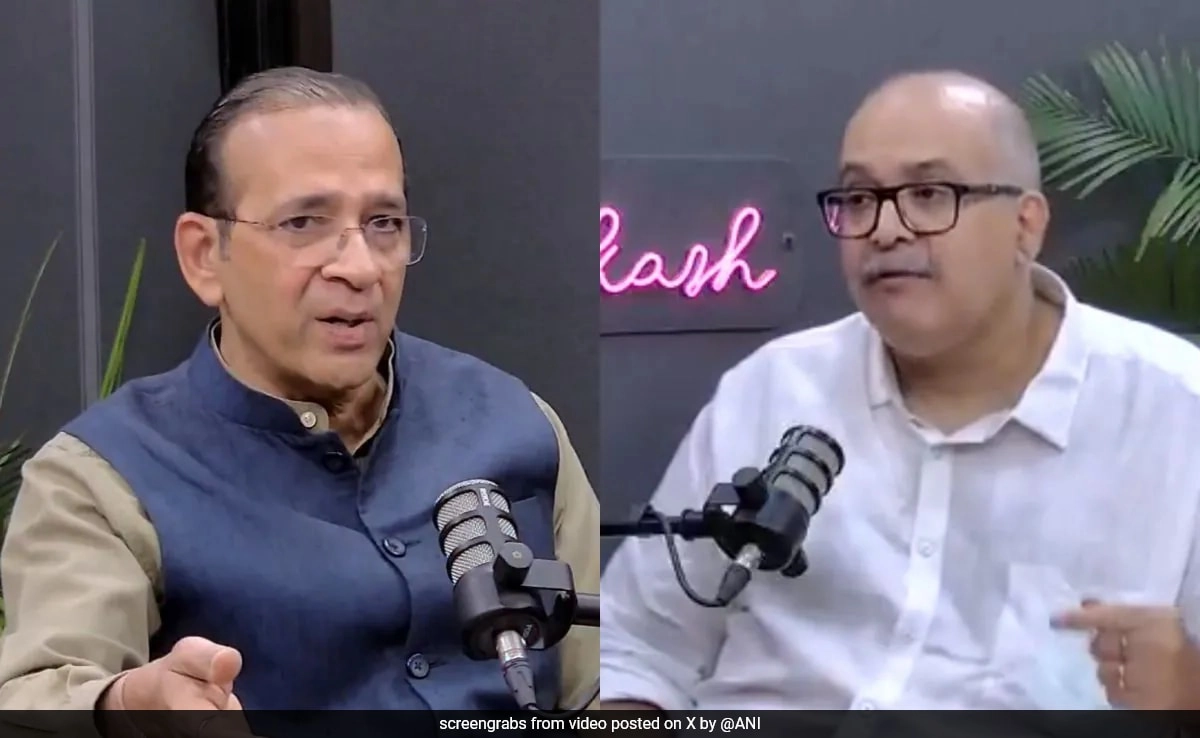The dynamics of the India-Pakistan conflict have always been fraught with tension, particularly in the context of military capabilities and the potential for armed confrontation. As experts analyze the ongoing geopolitical landscape, they stress that if hostilities were to escalate into a full-scale war, the consequences could be catastrophic, not only for the two nations involved but also for the region and beyond. The introduction of missile technology into the equation adds a perilous dimension to the conflict, significantly increasing the stakes. The question of “cost” in this context refers not only to the financial implications of military engagement but also to the human and infrastructural toll that such a war would entail.
The financial burden of war is often underestimated. Experts suggest that the economic ramifications of an India-Pakistan conflict could be profound, leading to a drain on resources that could otherwise be allocated to development and social welfare. Both countries already face significant economic challenges, and engaging in a military confrontation could exacerbate these issues, leading to long-term instability. Additionally, the global community would likely respond with sanctions or reduced trade relations, further isolating both nations and impacting their economies. The potential for retaliatory strikes involving advanced missile systems raises the stakes even higher, making the cost of war not just a matter of budgeting for military expenditures but also a question of national survival and security.
Furthermore, the human cost of war is immeasurable. Lives lost, families shattered, and communities displaced are just the beginning of the tragic outcomes that come from armed conflict. Civilian casualties can be particularly devastating, as modern warfare often spills over into populated areas, resulting in significant non-combatant harm. The psychological impact on survivors and the ensuing humanitarian crises can last for generations, creating a cycle of violence and revenge that is hard to break. Experts warn that the use of missiles and other advanced weaponry could lead to a rapid escalation of conflict, making it difficult to contain and control, thereby increasing the likelihood of widespread devastation.
In this volatile environment, the international community plays a crucial role in mediating tensions and promoting dialogue. Diplomatic efforts are essential in preventing escalation and fostering a climate of understanding between India and Pakistan. Both nations must recognize that the path to peace is not through military might but through cooperative engagement and conflict resolution. The cost of war is far too high, and the lessons of history remind us that diplomacy is the most effective tool for achieving lasting security and stability in the region. As the specter of conflict looms, the need for constructive dialogue has never been more urgent, highlighting the importance of seeking peaceful solutions over military confrontation.




